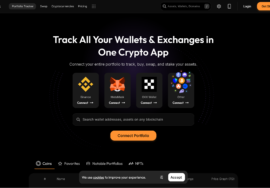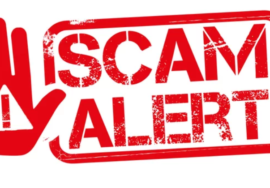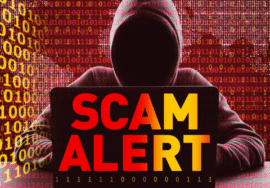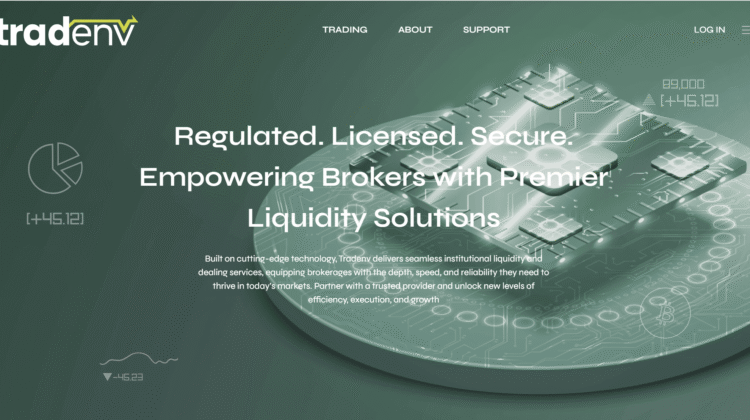
7 Alarming Signals: Why Tradenv.com Seems Risky Even If It Looks Modern
7 Alarming Signals: Why Tradenv.com Seems Risky Even If It Looks Modern
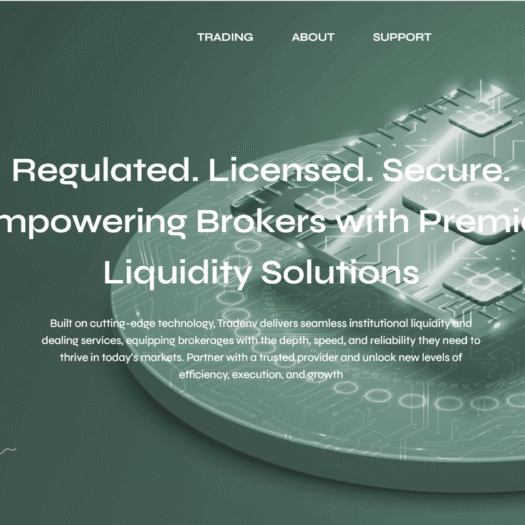
Tradenv.com (formerly EnviFX) presents itself as a modern forex / CFD broker with cryptocurrency funding, STP execution, multiple platforms, and flashy promises of speed and ease. On the positive side, some features look attractive to beginners or traders who want flexible funding. On the negative side, however, Tradenv has multiple warning signs that suggest high risk. Below are seven alarming signals every serious trader should examine before using Tradenv.com
1) Regulation is weak, offshore, and possibly revoked
Tradenv claims to be operated by Tradenv, LLC, licensed by the MWALI International Services Authority (Comoros) under license number T2023238, and also registered in Saint Vincent & the Grenadines (SVG) under registration number 706-2020. Its main place of business is listed in Cyprus in Paralimni. These jurisdictions are generally considered lower in regulatory strength. One broker-watchdog site True Broker Vision reports that Tradenv’s license status is suspended or revoked under the called authority. Multiple review sources have flagged that this regulatory license is not currently valid. Tradenv itself notes it is “authorized” by MWALI ISA but review sites say the license has been revoked. This is a critical red flag: a broker claiming licensing but where the license is not active means clients may have little or no formal oversight or legal protection.
2) High leverage and minimal verifiable transparency amplify risk
Tradenv advertises leverage up to 1:500 (according to user-reviews on forums like ForexPeaceArmy). High leverage means small price moves cause large gains or losses. When combined with opaque conditions regarding spreads, commissions, or margin requirements, it can lead to large, unexpected financial risk. Reviewers report that some account features are not clearly described on the site: spreads, costs, risk terms are vague or disclosed only via support.
3) Withdrawal and support complaints are repeated
There are numerous user complaints in review forums that depositing is relatively straightforward, but withdrawing funds—especially profits—is delayed, obstructed, or sometimes denied. Some users say support becomes slow or unresponsive once profit levels increase. In several reports, account balance access or withdrawal was blocked with vague reasons. These complaints suggest potential operational or governance issues.
4) Rebranding (from EnviFX to Tradenv) amid regulatory woes
Tradenv appears to be a rebrand of EnviFX. Broker watchdog sources note that EnviFX had regulatory issues, possibly including license revocation, and now Tradenv is carrying forward similar branding but still with offshore licensing. Rebranding is sometimes used by brokers to attempt to distance from negative history. When regulatory authorities suspend or revoke licenses, sometimes firms rebrand to re-enter markets under new names. That pattern is often a warning signal.
5) Deposit / withdrawal methods include cryptocurrencies — convenient but riskier
Tradenv offers deposit and withdrawal via credit/debit cards, bank wires, and several cryptos (Bitcoin, Ethereum, USDT, etc.). Crypto funding is fast and appealing, but it is also harder to trace, reversible, or dispute once sent. There is more risk of loss or fraud, and if the broker’s practices are ambiguous, crypto payments reduce the avenues for recourse. Some review sites report that crypto withdrawals in Tradenv are particularly problematic.
6) Terms & conditions grant wide discretion to the broker
Tradenv’s legal documents show that it reserves for itself broad powers: to set or raise margin requirements, change spreads, limit number of open positions, require additional margin at its sole discretion, offset or close accounts, refuse or delay withdrawals under conditions it defines. There are also clauses around abusive or “market abuse” behavior. These clauses may be standard in many brokers, but when combined with weak regulation and user complaints, they become dangerous levers a broker can use.
7) Reputation rating is very low with serious warnings by watchdogs
Watchdog platforms like WikiFX, True Broker Vision, etc. give Tradenv very low scores. For example, one warning article says there are five major red flags and that the broker “calls for caution.” Many users and reviewers rate it poorly based on withdrawal and regulation concerns. On ForexPeaceArmy, user reviews show negative experiences. These consistently low ratings and complaints suggest risk is systemic, not isolated.
Conclusion: Final Verdict on Tradenv.com
Tradenv.com (formerly EnviFX) presents many features that appear modern and useful: multiple deposit/withdrawal methods including crypto, support for well-known trading platforms like MT4/MT5, advertised high leverage, and multiple account types that seem accessible with low minimum deposits. These features are attractive to many traders who want flexibility and quick access. However, the aggregate of regulatory irregularities, user complaints, and opaque practices suggests that Tradenv carries very high risk, especially for anyone planning to commit anything more than minimal capital or to rely on smooth withdrawals and consistent trade execution.
The biggest concern is regulation: Tradenv’s claimed license from the MWALI International Services Authority appears to be revoked or suspended per watchdog sources, which means its regulatory claims are not valid at present. Operating under a license that is not active removes oversight, reduces legal recourse, and exposes clients to potentially unethical behaviour. Without regulation from a recognized, strong financial authority, there is minimal accountability, less likelihood of financial compensation in case of wrongdoing, and difficulty enforcing client rights. For many traders, that is a deal-breaker.
Withdrawal issues are another major red flag. The pattern in user reviews suggests that Tradenv may allow deposits, but when profits are significant or when withdrawal amounts grow, obstacles appear. These might include delays, additional verification, denial under vague terms such as “market abuse,” or refusing to pay out entirely. Even if a beginner sees small withdrawals succeed, that does not guarantee that larger or profit-based withdrawals behave similarly.
High leverage amplifies danger. While 1:500 leverage might look enticing, when combined with possibly wide spreads during high volatility, slippage, or execution delays, it becomes a recipe for fast losses. Risk management tools or trader awareness cannot fully compensate for opaque cost structures, unclear fees, or legal “loopholes” in clauses that let Tradenv change terms unilaterally.
The rebranding from EnviFX to Tradenv under regulatory clouds is also concerning. Rebranding in brokers sometimes happens for legitimate reasons (ownership, corporate changes), but often it is used by entities to distance from negative feedback, regulatory sanctions, or bad history. When that coincides with reports of revoked or suspended licenses, it’s a strong warning that what appears new may carry old issues. Marketing may be polished, site design modern, but history matters.
So, is Tradenv.com safe? No—for most traders, especially those without deep technical or legal experience. It might work for very small scale experiments, but trusting it with large capital is risky. The combination of regulatory uncertainty, withdrawal complaint patterns, vague cost disclosures, and rebranding history suggests that many of its promises may not hold under pressure.
If I were you, I’d do the following if considering Tradenv:
- Use a very small deposit first and try to withdraw a small profit, to test actual withdrawal process.
- Avoid using maximum leverage; keep trades small and risk‐controlled.
- Read every term carefully, especially sections about broker discretion, margin calls, abusive trading, withdrawal restrictions.
- Keep records of trades, screenshots, communication with support.
- Compare it against brokers regulated by strong regulators like FCA, ASIC, CySEC for similar features—even if those brokers cost more or have lower leverage.






